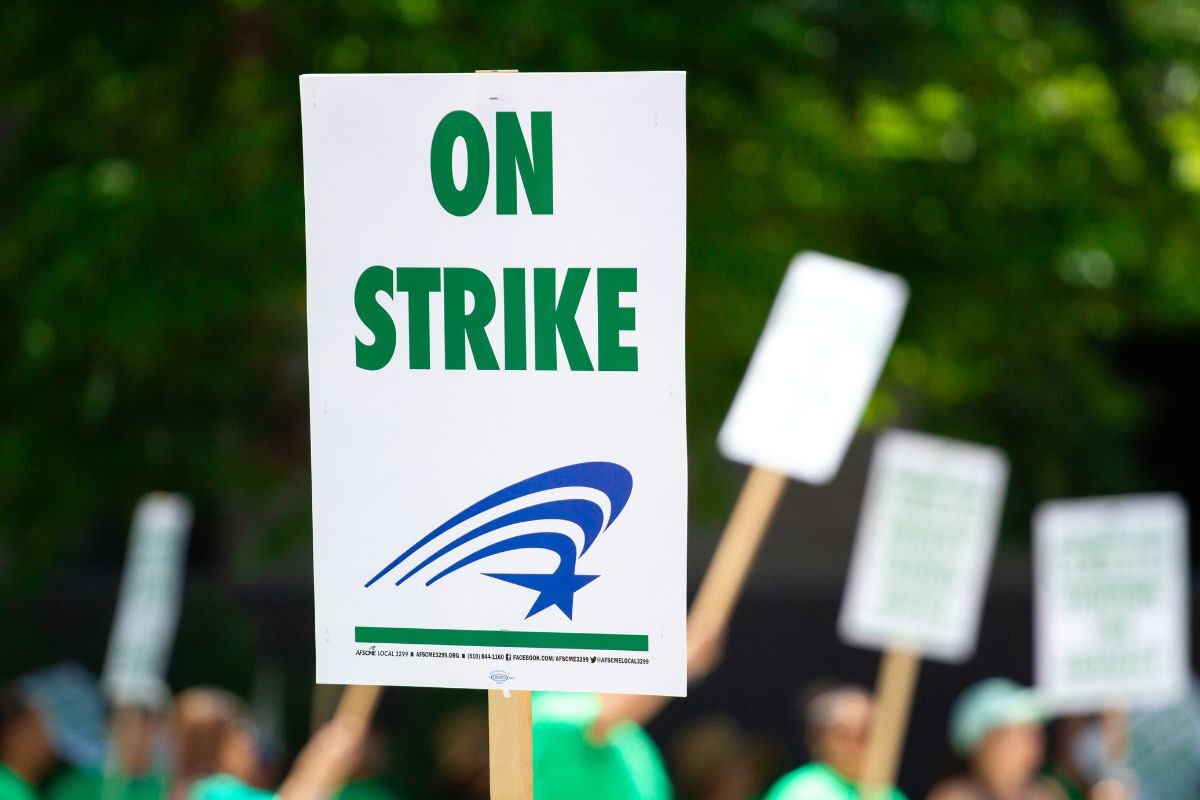Government criticised by Biden administration and international watchdog over anti-strike plans

The TUC today (Wednesday) welcomed interventions from the International Labour Organisation (ILO) and the Biden administration against the government’s new anti-strikes Bill.
The ILO – the UN’s agency for workers’ rights – denied government claims that it backed the UK’s tough new strike laws.
The organisation’s head Gilbert Houngbo said he was “very worried about workers having to accept situations” due to being faced with the threat of losing their jobs if they refuse to work during strikes.
And US labour secretary Marty Walsh said he disagrees with the idea of “minimum service agreements” for public sector workers, and suggested they may be detrimental to workers.
TUC General Secretary Paul Nowak said:
“Ministers have rightly been called out for spinning mistruths. It’s time the government came clean about the draconian nature of this Bill.
“This new legislation is a fundamental attack on the right to strike – and is almost certainly in breach of international law.
“The UK already has some of the most restrictive trade union laws in Europe.
“It’s little surprise that the ILO and the Biden administration have warned against these spiteful plans.
“These new anti-strike curbs will poison industrial relations and do nothing to resolve current disputes.”
The third reading of the government’s Minimum Service Levels Bill is due for its third reading later this month.
If passed into law, it will mean that when workers democratically and lawfully vote to strike in health, education, fire, transport, border security and nuclear decommissioning, they can be forced to work and sacked if they don’t comply.
The TUC is calling on MPs of all parties to reject this spiteful legislation, which it says is “shortcutting” normal scrutiny procedures.
The bill gives ministers power to impose new minimum service levels through regulation. But consultations on how these regulations will work have not been published, and parliamentarians have been given no detail on how minimum service levels are intended to operate – and the government has not yet published an impact assessment for the bill.
The TUC says the new legislation will “do nothing” to solve the current disputes across the public sector, and “only make matters worse”.
The impact assessment published in Autumn alongside the government’s previous Bill, aiming to set minimum service levels in transport, shows how minimum service levels could poison industrial relations – lengthening disputes and leading to more frequent industrial action.











Responses